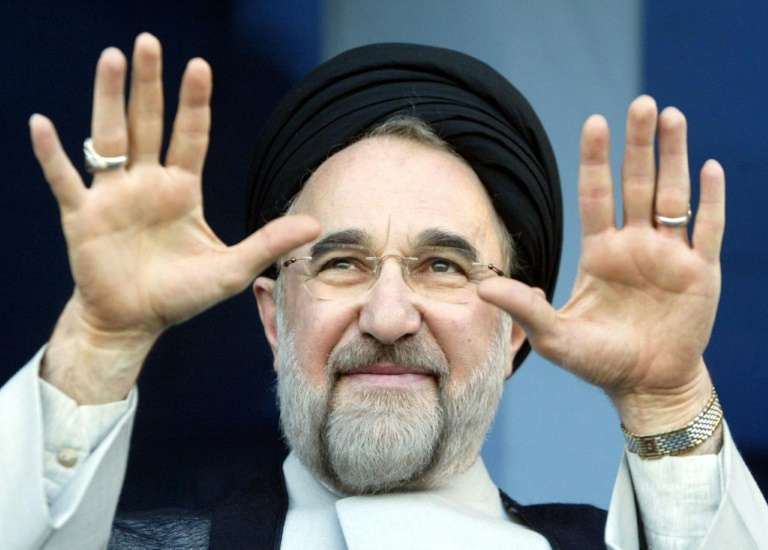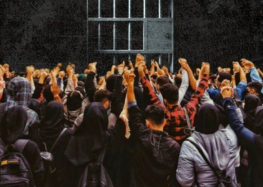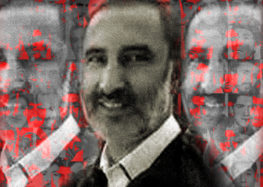Rouhani’s Criticism of Judiciary for Tightening Ban on Reformist Ex-President Spurs Debate

President Hassan Rouhani’s criticism of the judiciary for arbitrarily punishing critics of the state, including ally and reformist former President Mohammad Khatami (1997-2005), has been met with a flurry of responses from adversaries and allies.
In a speech at Tehran University on October 7, 2017, Rouhani said the judiciary is acting like it has “nothing better to do” than summon people.
“We should reward all political factions for participating in the elections and encouraging the people to vote,” he said. “But one side gets rewarded and the other is punished. Maybe some authorities have nothing better to do and need to justify their job by constantly summoning people.”
The side that is being punished, according to Rouhani, is the reformists, including Khatami, who was recently banned from public appearances for three months. Khatami—who provided crucial endorsements for Rouhani’s first and second-term presidential campaigns—has also been banned from appearing in the media since 2015.
The judiciary plays a vital role in preserving Iran’s Islamic system, often by prosecuting critics under vaguely defined national security laws and in collusion with the arresting authorities, including the Islamic Revolutionary Guard Corps and the Intelligence Ministry.
The new restriction on Khatami was signed by the prosecutor of the Special Court for the Clergy, Ebrahim Raisi, a conservative rival who unsuccessfully ran against Rouhani in the May 2017 presidential election.
The day after Rouhani’s speech, Judiciary Chief Sadegh Larijani defended the judiciary.
“Recently, one of our respected brothers made an unkind comment that the judiciary summons people because it has nothing better to do,” said Larijani in a meeting with judicial officials on October 8. “In reply, I must say that the judiciary acts only according to its duty, which is to implement justice.”
“If there’s anyone with nothing better to do, it’s you who for the past four years has been defending the nuclear deal so passionately that it seems there are no other problems in the country,” he added.
On October 10, First Deputy Parliament Speaker Ali Motahari, an outspoken conservative supporter of Rouhani, responded to Larijani’s comments in a column in the reformist Etemad newspaper.
“Beyond the problem of summoning people, the bigger issue is what happens when someone is summoned,” he wrote. “That’s what the president was alluding to.”
“For instance, a reporter was detained in an improper fashion by the Media Court,” he continued. “The family has not been told where he is being held. He remains in detention even though according to the law, he was supposed to be charged and released within 24 hours. Then he was held in solitary confinement for a long period of time to make him falsely confess under psychological pressure.”
Motahari was referring to the recent arrest of reformist journalist Sasan Aghaei, who is currently being held without charge or trial.
“For how long must the people’s representatives [MPs] be the refuge for the families of detainees, who constantly come to us for help when we cannot do very much for them?” asked Motahari.
That day, the public relations office of Tehran Prosecutor Abbas Jafari Dowlatabadi criticized Motahari’s column.
“For how long must judicial authorities be forced to tolerate interferences by people like Mr. Motahhari?” it said in a statement published on October 10 by the judiciary’s official news agency, Mizan.






